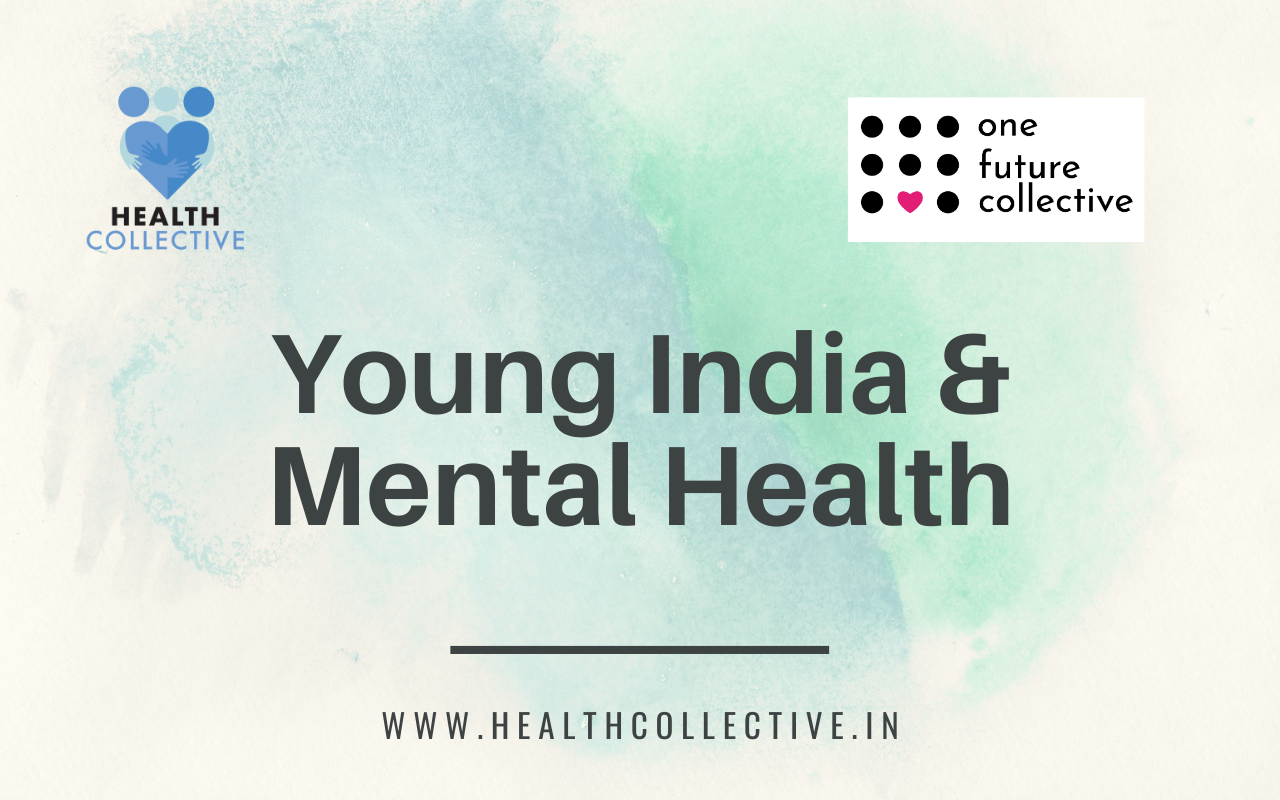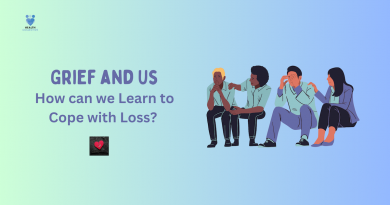Ask the Experts: How to Care for Yourself in Tough Times
By Kamna Chhibber
Situations around you can act as triggers, making you experience strong negative emotions or leading to thoughts which are difficult to manage. They can act as reminders of past negative experiences, challenge your current sense of comfort with how your life is progressing and make you wonder about how the future will unfold. In the midst of such existential concerns feeling anxious or experiencing dips in your moods is a strong possibility. It is important to engage in self-care at such moments and work towards ensuring that you are taking a proactive approach towards it.
ALSO READ: SELF-CARE IN THIS JOURNEY CALLED LIFE
Here are some things to consider:
- Allow yourself to experience emotions: You are likely to feel a strong need to contain and curtail how you are feeling. People often find it difficult to stay with their emotional experiences in such situations and attempt to take steps to actively steer themselves away from them. That in reality is unhelpful and only serves to allow the distress to simmer internally. In its place accept your emotions and allow yourself to experience what is created within you spontaneously.
- Be expressive and share: Do not bottle up and keep your feelings within you. Allowing them to fester inside is detrimental and is likely to affect your moods and functioning across different domains of your life. Find ways of expressing your distress. Share your experience with those around you. You can seek refuge in your friends, family or colleagues.
- Obtain information in a thoughtful manner: Be kind to yourself and do not push to obtain more information that is causing heightening of your levels of distress. Be thoughtful in how much you want to know. Remember that it is acceptable for you to not seek information if it leads to disturbances in your moods or negatively impacts your thoughts and well-being.
- Mindfully curate the mediums you expose yourself to: Be careful in selecting the sources from which you are seeking information. Mindfully choose those which are less triggering for you. It is not necessary for you to emulate others around. Every individual has their own thresholds of distress tolerance and it is important that you be cognizant of yours to be able to maintain your relationships, your functionality and the quality of your life.
- Choose to disengage and disconnect: As situations and experiences get overwhelming make a conscious choice to disconnect and disengage from what is disturbing you. In its place expose yourself to elements which you find soothing and relaxing. Be sure to integrate these into your routines in order to keep yourself calm.
- Do not confuse self-care with selfishness: It is easy to become overly judgmental about prioritising yourself and view the steps you are taking in a negative light. Be careful to not label yourself as being selfish and non-empathetic or non-sympathetic because you need to care for yourself. To be able to support another and to fully understand their experiences you need to feel fully well yourself.
It is important to keep yourself in the present, move forward with each day and work towards continually re-orienting yourself towards the present moment. Reminders to let go can act as significant aids and must be utilized to allow you to feel relaxed.
Feature Image from rawpixel.com
Disclaimer: Views Expressed are personal. Material on The Health Collective cannot substitute for expert advice from a trained professional.



